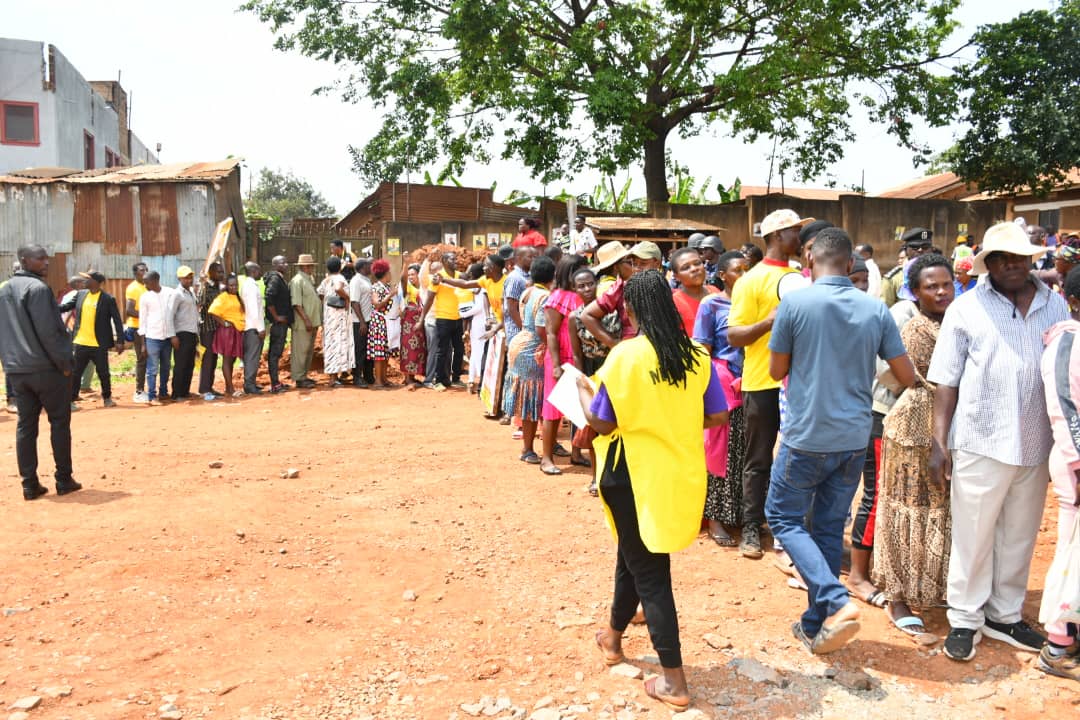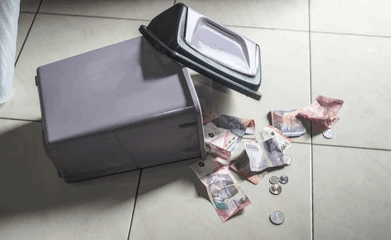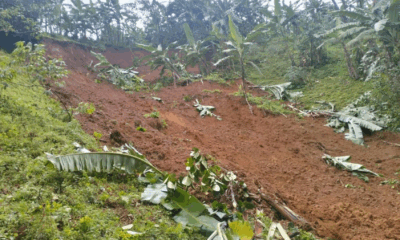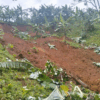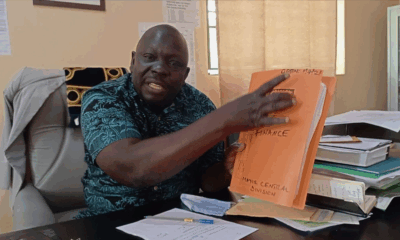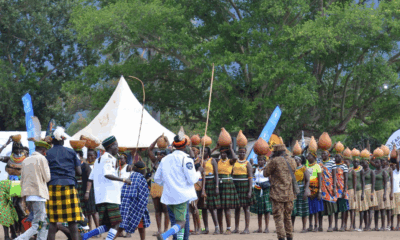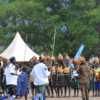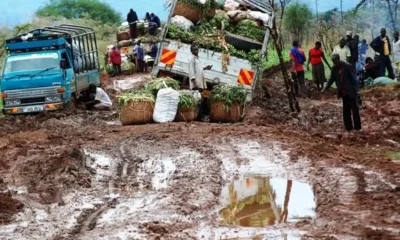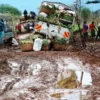Opinions
Rogers Wadada: NRM’s Internal Elections Foretell 2026 Election Chaos
Around January 2020, the Central Executive Committee of the National Resistance Movement (NRM) sat to evaluate a number of issues. Top on the agenda was the need to amend articles 30(10) (e) and 44(3) of their Constitution to approve a plan of Lining up behind candidates, their portraits and or symbols ahead of the 2020 internal party elections.
As expected, what appeared as a proposal sailed through without much debate and was adopted paving way for a system that many have criticized as being ancient and primitive. Lining up behind candidates, whereas less costly on the party is thrice as expensive for the candidates and exposes the voters to untold risks of being victimised for exercising their democratic rights.
While this confusion is going on, the independents and flag bearers for the opposition parties are in a comfort zone waiting for the final race. On the other hand, the NRM flag bearers find themselves being subjected to two elections in the same period. The little money that they get from the party as flag bearers is too little to sustain the final race involving fresh contenders on independent or opposition flag bearers.
It is only flag bearers from the NRM dominated areas that are safe as winning the primaries is an automatic entry into parliament. The others are expected to go through another election to be sure of a seat in parliament which calls for more spending. No wonder many of the flag bearers end up borrowing or selling their property in order to compete favorably.
A friend of mine told me how he spent 350 million on the last day of the NRM primaries but still lost. On the face of it, politics be it at national or party is no longer a game for the common man, one has to spend billions to be guaranteed a place in the August house. There should be something special in that house worth a fight and the solution in my view is to reduce opportunities for deals and slash their pay to less than half of what thy have been earning. If this is done, the scramble to enter parliament will reduce automatically.
While endorsing lining up to vote flat bearers, the NRM party hoped the system would reduce the costs of conducting internal elections, avert commercialization of the electoral process, and reduce the number of petitions filed by aggrieved candidates and to promote self-evaluation. However, it turned out that it was the worst voting decision ever made and could cost the NRM a number of slots during the 2026 General elections.
Having tested and abandoned the system of electoral colleges before the 2011 elections, the NRM party seems to have learnt nothing from banking on try and error. If lining up proved disastrous in 2021, why insist on the same approach years later. Why should the NRM which has been in power for over 40years think that a mistake done different with the same approach can bring different results without altering the approach?
Just this month, the NRM party conducted internal grass root elections to identify flag bearers for 2026 Parliament and local council five Chairpersons and their Councilors respectively. These candidates were nominated aware that voting would be by lining up and that each village would be a polling station. On Election Day, few of these contenders could afford placing agents at each polling station to monitor the process on their behalf.
For those who have participated in politics know for a fact that the last day is more important than the campaign period. These days, voters will go to a polling station and wait for the highest bidder. They will not go into lines until they have received their fair share of the deal. They do this on the understanding that once their leaders are elected, they never give anything in return. This means that even the weakest candidate with money can easily sail through on the last day.
In my native District of Sironko and particularly in Budadiri County East constituency, we have 21 sub counties, 115 parishes and 857 villages. This means that a serious candidate would need to place 857 agents in each of the villages forming the constituency and to do so means spending almost one hundred million to be on a safer side, it is politics of the highest giver takes it all.
It is self-defeating that a party that has been in power for that long can opt for an election system where voters chose their leaders by lining up. The Chairman of the party was of course aware the outcome would be bloody and constituted what he called the NRM Elections Disputes Tribunal led by a distinguished Lawyer John Musiime and 28 other members. A coffin maker cannot pray for a patient to recover as his business is to sell coffins.
It has been reported that by close of business on Tuesday last week- which was a deadline for filing of petitions, the NRM party had received 381 petitions from across the country following the party’s parliamentary primary elections. By simple mathematics, it means that the party on average received petitions from all the 136 districts of Uganda.
Don’t forget Uganda has about 353 parliamentary constituencies represented by directly elected Members of Parliament in addition to 146 women representatives. One can be right to say that 382 petitions is a vote of no confidence in the person of Tanga Odoi. He did not carry out any credible elections and is not fit to hold that office even when the President believes otherwise.
It is impossible for a panel of 29 members to hear all these internal electoral grievances in full compliance with the NRM Constitution, the Election Regulations of 2025, and the relevant national legal framework and determine them within the 8 days that have been allocated to them. I see many of these complaints being handled half hazardly and as a ceremonial process.
The high number of complaints spoke volumes of an exercise that had been handled poorly by a very arrogant chairman of the NRM electoral commission. It is not true that the many petitions showed competitiveness of the primaries and public interest in internal party democracy but said a lot about a failed system, that is not how a mass party operates.
The majority of the complaints were centered on the fact that there was no lining up, vote rigging, violence, incidents of multiple voting, obstruction and intimidation of polling agents, inflated number of voters, procedural irregularities during voting and tallying processes, District NRM offices ring fencing some positions and claims that ineligible individuals especially those not in the register and belonging to the opposition were allowed to vote.
It is said that the Disputes Tribunal has constituted itself into eight panels and are expected to commence hearing on Tuesday July 29, 2025. I personally see that most of the petitions will be discarded on technicalities and others will be binned for want of prosecution as the petitioners themselves will not turn up. I know for a fact that most of the petitions were filed in form of an ordinary letter without accompanying affidavits and evidence, a justification for dismissal.
Very few petitions will sail through successfully with more than 350 petitions being dismissed leaving the angry petitioners dissatisfied. I see a huge number of independents whose decision to stay in the race will undermine and reduce their chances of winning. Recall there is no law that bars individuals from contesting as independents or joining another party after losing primaries. After all, the struggle to enter parliament is not to represent but to recoup what was spent.
Wadada Rogers is a commentator on political, legal and social issues. wadroger@yahoo.ca
Comments



